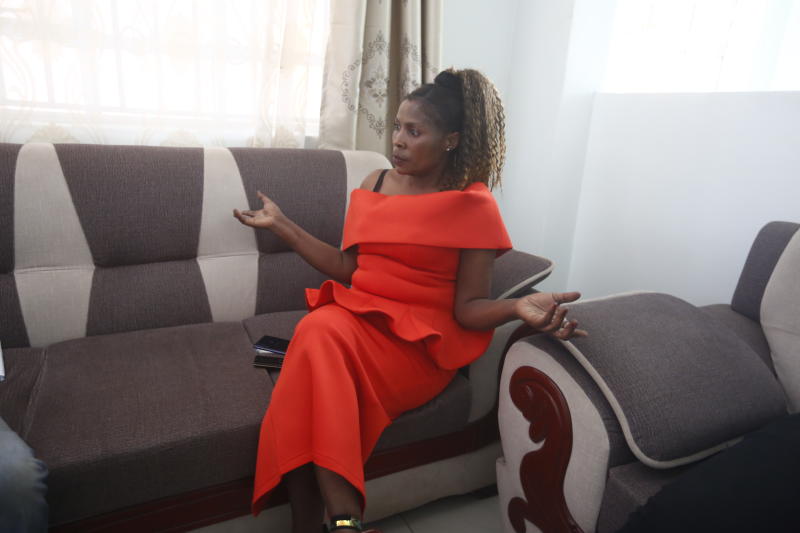×
The Standard e-Paper
Join Thousands Daily

Rose Muhando’s electric performance has been described by all manner of adjectives including spine-tingling and highly charged. When she steps on stage, it is almost impossible to imagine what she will do next.
She might ditch her shoes and perform barefoot like she did last week in Nakuru. She could gyrate, shake her braids or jump on stage.